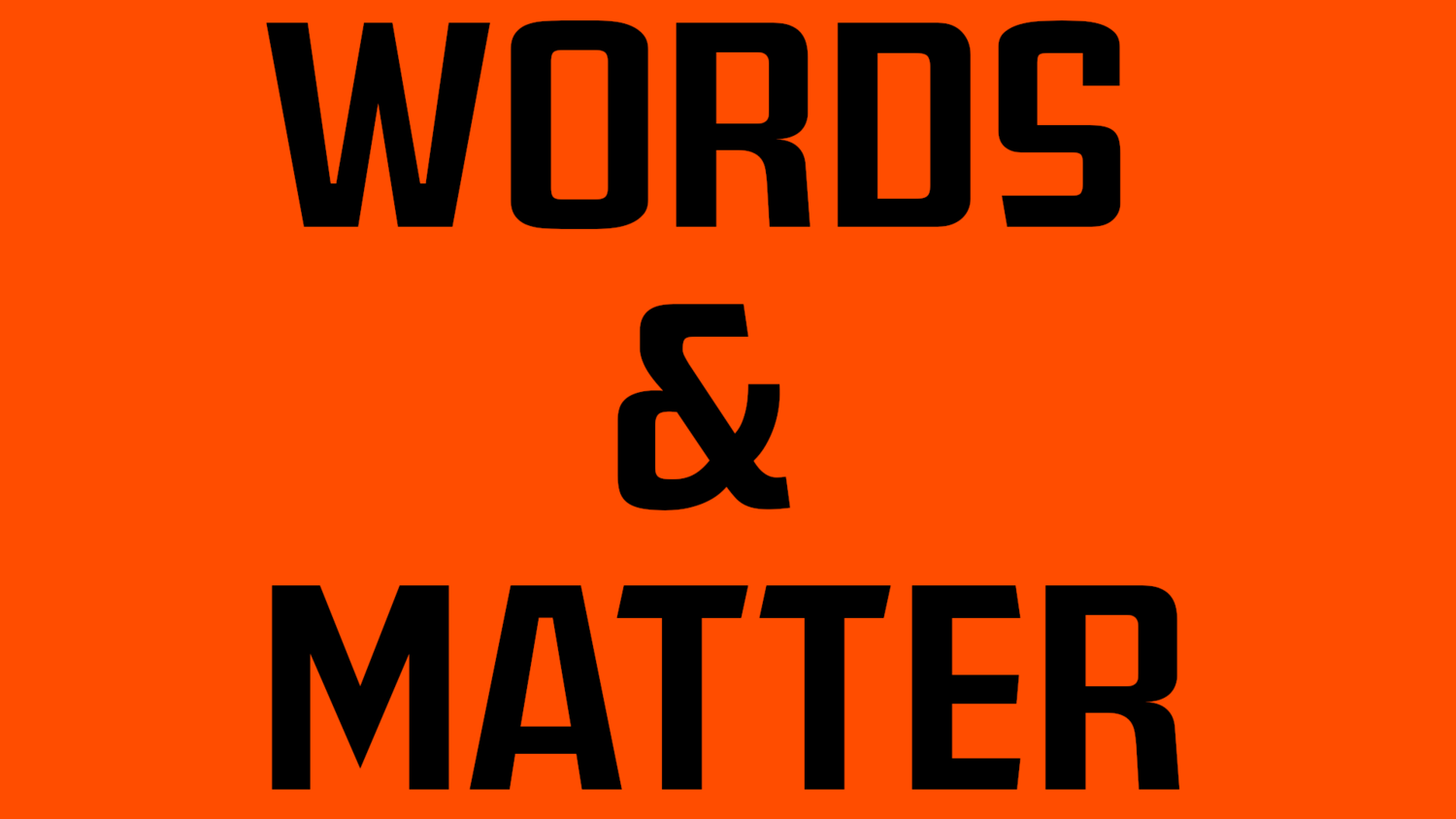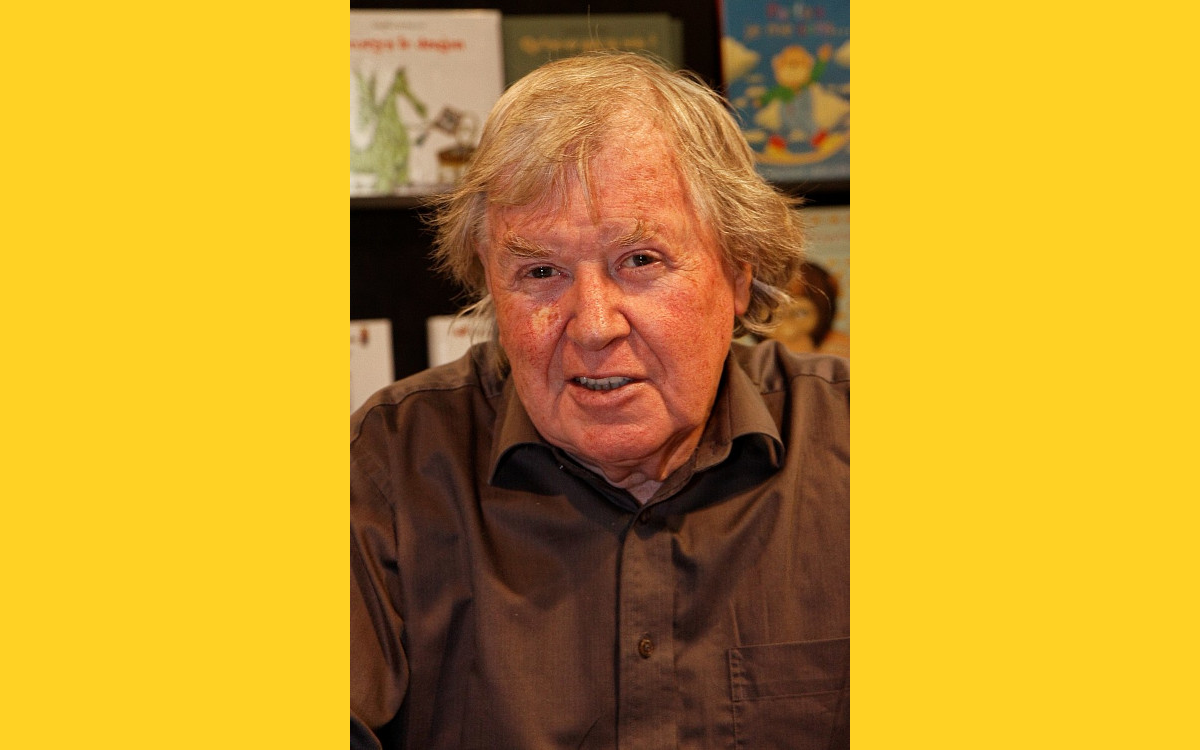Author and illustrator Jonathan Emmett has added his thoughts to the conversation about why boys (and later, men) don't read. And, with a view guaranteed to carry the debate further, he believes it's due to female influence.
In comments offered to the The Times, Emmett believes that there isn't enough to hold young boys interest in books, with one of the key reasons being that the the "industry is dominated by female gatekeepers".
To illustrate his point - and referencing the known gap in literacy levels between girls and boys - Emmett looked at 450 reviews of children's books in national papers. He found that while men wrote 47% of picture books, 87% of reviewers were women.
Of course reviewers may be employed in such roles for their balance and appreciation of readers' likes, yet Emmett draws on further examples to add weight to his view.
He tells how just two of the 50 editors he has worked with have been men, and how he feels that has directly affected his own work in, "The number of times I have tried to get technical information into a book and it is deemed inappropriate."
Emmett also offers comment on the content which makes it into published titles. Titles which are then bought by a group which - according to an unnamed publisher - is 95% women.
'Mums and grans buy books - that’s what’s driving the market. They read the book also and then there’s a tendency for the book to reflect their tastes as well. So there may be a pirate but that pirate will not be engaged in a battle.'
In views which touch upon ideas of stereotypical gender interests, and which claim that "boys and girls with 'boy-typical' tastes", prefer the content of computer games, Emmett admits his opinions aren't easy to present.
"It is a really difficult argument to make", he concedes "because 99 times out of 100 it is women that are under-represented."
--
What are your thoughts? Tell us below.







